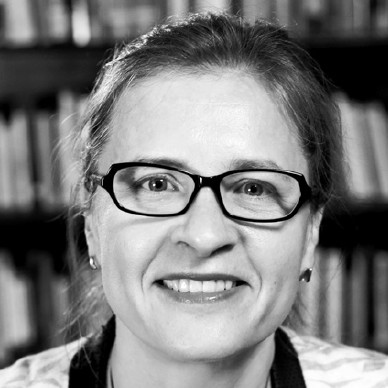Dear colleagues,
we invite you to join the Computational Materials Science seminar on Thursday, March 2, at 6 PM.
Anna I. Krylov from the University of Southern California will cover the topic Spin-forbidden processes and molecular magnetism: Theory and applications.
Online: Join using Skoltech Video Conference
Seminar abstract
This lecture will describe theoretical aspects of spin-related phenomena in the context of novel molecular materials. Examples include spin-forbidden processes, which play an important role in photovoltaics and molecular magnetism. These phenomena are of interest for solar energy conversion and quantum information science. Recent methodological developments within equation-of-motion coupled cluster theory will be discussed and illustrated by examples relevant to the design of novel materials.
1. D. Casanova and A. I. Krylov, Spin-flip methods in quantum chemistry Phys. Chem. Chem. Phys. 22, 4326 (2020).
2. P. Pokhilko and A. I. Krylov, Quantitative El-Sayed rules for many-body wave functions from spinless transition density matrices,J. Phys. Chem. Lett. 10, 4857 (2019).
3. P. Pokhilko, D. Bezrukov, and A.I. Krylov, Is solid copper oxalate a spin chain or a mixture of entangled spin pairs. J. Phys. Chem. C 125, 7502 (2021).
4. M. Alessio and A.I. Krylov, Equation-of-motion coupled-cluster protocol for calculating magnetic properties:Theory and applications to single-molecule magnets, J. Chem. Theo. Comp. 17, 4225 (2021).

Anna I. Krylov
Professor of Chemistry at the University of Southern California
Anna Krylov was born and raised in Donetsk, Ukraine (then USSR). Received her M.Sc. from Moscow State University (1990)and her Ph.D. from the Hebrew University in Jerusalem (1996). Following postdoctoral training at the University of California, Berkeley, she joined USC’s chemistry department in 1998.
Krylov’s research is focused on theoretical and computational quantum chemistry.She develops theoretical methods and software for open shell and electronically excited species, including metastable states. She is the president of Q-Chem Inc., one of the world’s leading quantum chemistry software teams.Using computational chemistry, Krylov investigates the role of radicals and electronically excited species in combustion, solar energy, bioimaging, spectroscopy, and quantum information science.Krylov has published over 290 scientific papers and delivered more than 300 invited talks and university seminars.
Her h-index is 66 (ISI)/75 (Google Scholar).
